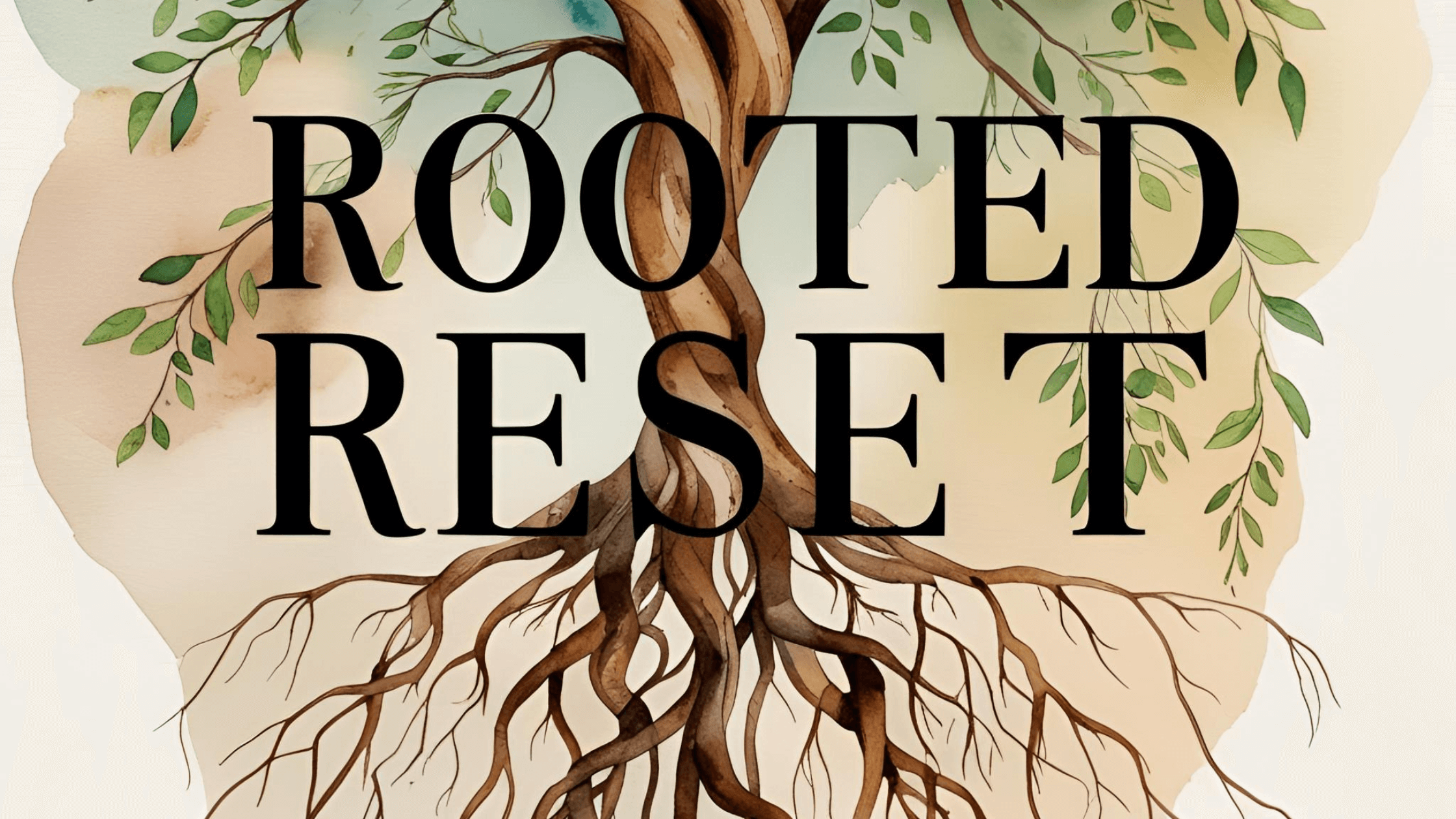
“It’s chronic.”
“It runs in your family.”
“Here’s a pill to manage it.”
That’s what many women hear when they ask about blood sugar, fatigue, or weight gain after 50.
But here’s what I want you to know:
There’s a difference between managing symptoms… and getting to the root.
And insulin resistance is one of the most misunderstood — and most under-addressed — root causes of chronic illness today.
🧬 What Is Insulin Resistance, Really?
Insulin is a hormone that helps your cells absorb glucose (sugar) from your bloodstream.
When your body becomes resistant to insulin, sugar can’t enter your cells easily — so it builds up in your blood.
Over time, this can lead to:
- Weight gain (especially around the belly)
- Fatigue and brain fog
- Cravings, irritability, or mood swings
- Hormonal shifts
- High cholesterol, triglycerides, or blood pressure
- Pre-diabetes and eventually, Type 2 diabetes
But here’s what I wish more women were told:
👉 Insulin resistance doesn’t mean you’re broken.
👉 It doesn’t mean you’ll need medication forever.
👉 And it’s not a life sentence.
👉 It doesn’t mean you’ll need medication forever.
👉 And it’s not a life sentence.
🩺 Why Doctors Often Miss It
Most doctors are trained to look at blood sugar (glucose), not insulin.
So if your blood sugar appears “normal,” they may say everything’s fine — even if your insulin is sky-high, silently creating inflammation and imbalance.
You may be told:
- “It’s just menopause.”
- “Try to lose some weight.”
- “This is normal at your age.”
But it’s not normal to feel exhausted, foggy, and stuck in your body.
The real issue? We’ve been taught to treat symptoms instead of asking why they’re happening in the first place.
🔍 What I’ve Learned — and Why I’m Speaking Up
As a nurse and holistic health educator, I’ve spent years watching people suffer from preventable illness — simply because they were never given the whole picture.
Then my own family needed answers.
In July 2024, my mom had three strokes.
She was told to manage it with medications — but we needed more than that. We needed a system to support her body, naturally.
That’s when I found a natural protocol backed by science and powered by nature — using intermittent fasting and plant based supplements.
Within 2½ months, her A1C dropped from 7.2 to 5.7.
Her lipid panel improved. Her energy came back.
And my belief in lifestyle healing was cemented for good.
🌿 What Can You Do?
If this resonates with you, know this:
There are real, sustainable ways to support your body and improve insulin sensitivity — naturally.
Here are 3 gentle shifts you can start today:
- Stop snacking constantly — give your insulin time to rest
- Add more diverse fiber — it feeds your gut and balances blood sugar
- Pause late-night eating — even a 12-hour fast overnight makes a difference
If you’re looking for a clear, simple path — reach out to me if you are interested in learning more about the natural supplement we are using.
💬 Final Thought
You deserve more than symptom management.
You deserve truth, tools, and a path forward.
If you’ve ever felt dismissed, confused, or overwhelmed — you’re not alone.
And you don’t have to figure it out by yourself.
I’m here to help you feel great again — naturally, sustainably, and with the support you’ve been waiting for.
In wellness,
Rachel
Love what you read here? Subscribe for updates — your reset starts here.
Follow me on social:
























0 Comments